
The IMF is seeking the assurances in case Pakistan decides to delay a 6 per cent increase in power tariff which it had earlier planned to do from April 1.
“The IMF’s position is that if Pakistan does not want to increase the power tariff there should be assurances that the ADB and WB are still willing to lend $900 million,” said Dr Sheikh while talking to media here on Monday.
He, however, ducked a question on whether the government would increase the power tariff by 6 per cent from April or 7 per cent from June.
The government entered into an agreement with international donors to increase tariff by 24 per cent from October to April in three phases. Nonetheless, it is backing out of implementing the last six per cent increase from April, fearing a mass protest at a time when people are suffering from massive power cuts.
“The WB and the ADB’s money is part of this year’s financial plan and the IMF wants its implementation”, he added, but the donors’ issue is that if Pakistan does not want to increase power tariff then who would absorb the subsidy on electricity.
Dr Sheikh said that Pakistan had agreed with the IMF to increase power tariff by 6 per cent, 12 per cent and again 6 per cent and “according to that agreement the tariff should have been increased from April”.
The finance adviser spoke to the media for the first time after taking charge of his new position. He said the donors wanted to cooperate with Pakistan but at the same time they were asking for a realistic strategy to come out of the energy crisis.
Delivering his keynote address here at National Business School, he proposed a six-pronged strategy to overcome the energy crisis. After the Asian Development Bank’s rental power plants audit report, he was the first key government minister to admit that Pakistan has an idle generation capacity of more than 1250 MW.
“There is 950 MW electricity generation capacity but we cannot utilize it because of (the) absence of gas”, he confessed. In his view “gas is artificially priced cheap”, and there was a need to reprioritize it as well.
The minister said that another 300 MW capacity existed that needs to be utilised.
He also suggested making payments to Independent Power Producers so that they can buy fuel, conserve electricity, improve power distribution and companies’ management, and practise improved load management.
“Electricity shortages can be overcome provided we are allowed to solve the problems”, he added. To a question he said that Pakistan’s historical failure was immobilization of resources.
He said that in short term there might be disadvantages of value-added-tax but in the longer run it would be used as a platform to bring people into the tax net.
According to Sheikh, Pakistan lagged behind in the world because it did not learn three big lessons of human development through education, market openness and balanced government. “Lack of human development, protectionism and heavy reliance on excessive governance” are basic reasons of Pakistan’s failures.
He said the “hard challenge is to maintain stability and follow a high growth trajectory”. Dr Sheikh said this year economy will grow by a little over 3 per cent.











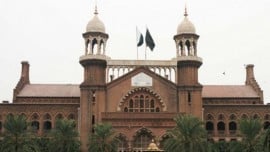
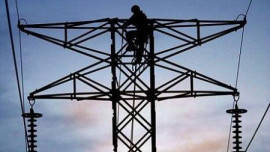
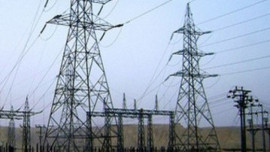
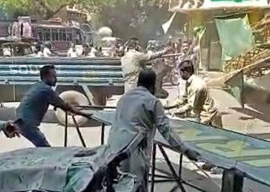
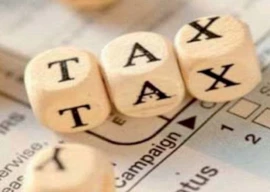
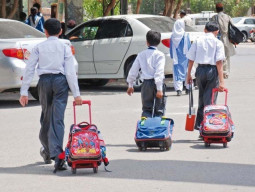

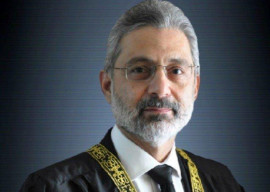
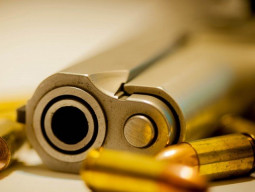










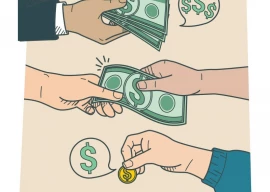



1714129906-0/Clint-Eastwood-(1)1714129906-0-270x192.webp)






COMMENTS (2)
Comments are moderated and generally will be posted if they are on-topic and not abusive.
For more information, please see our Comments FAQ